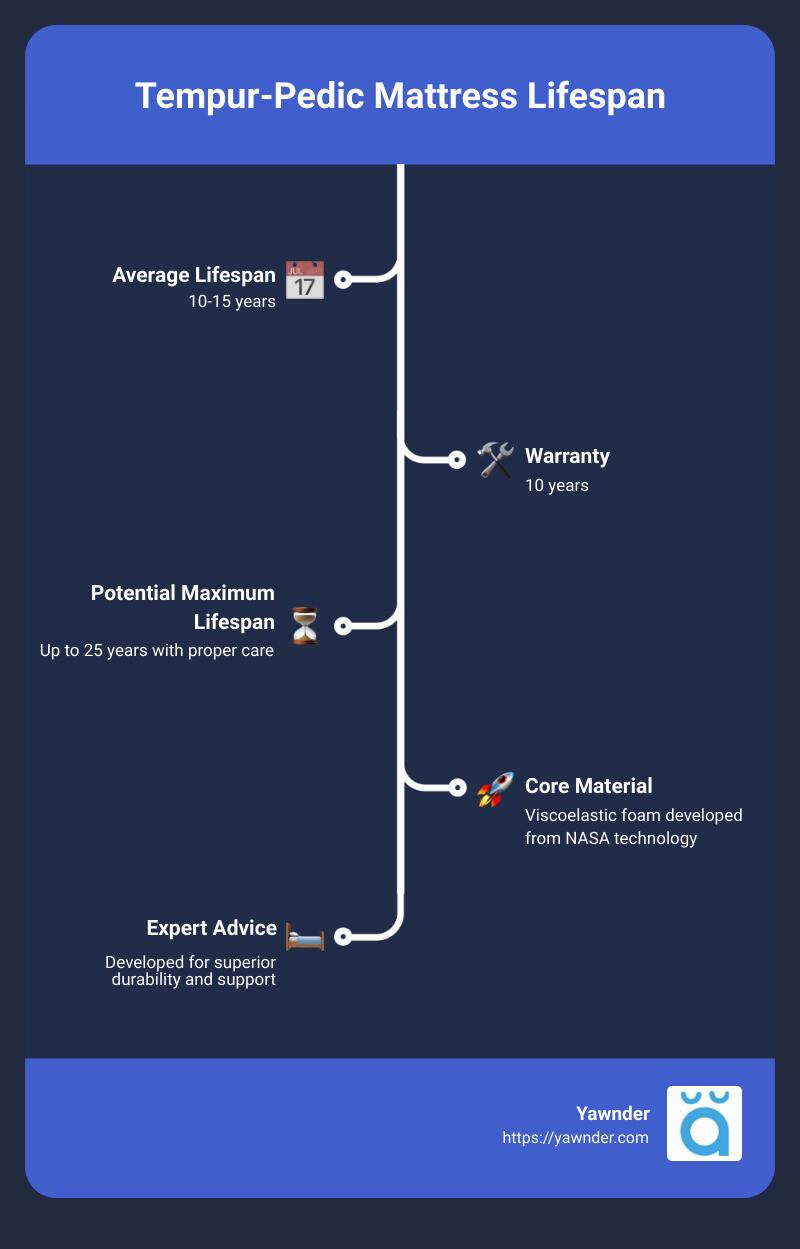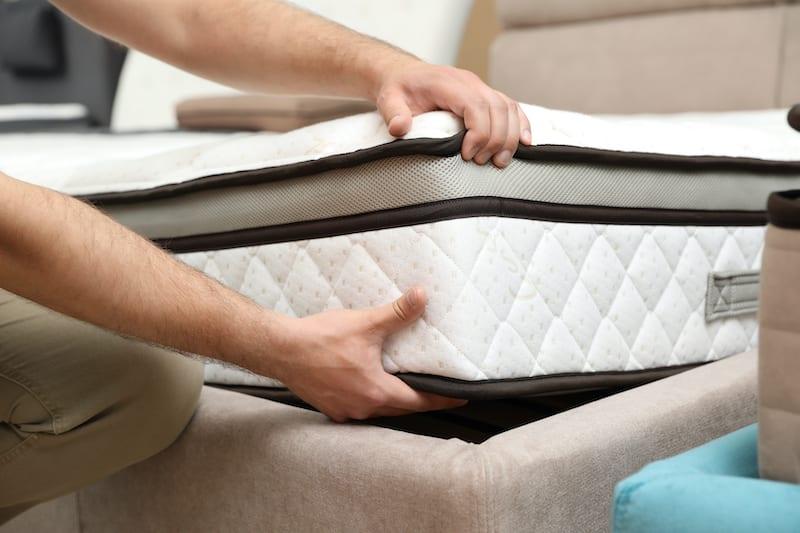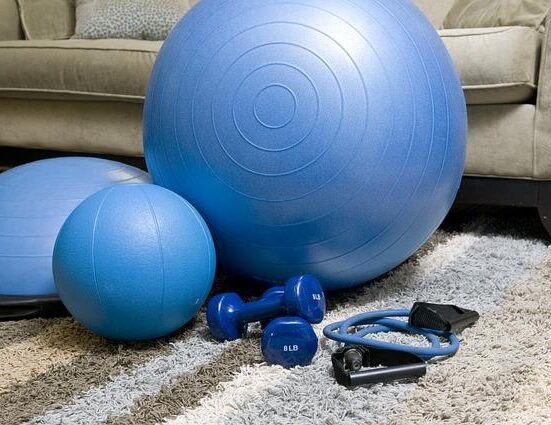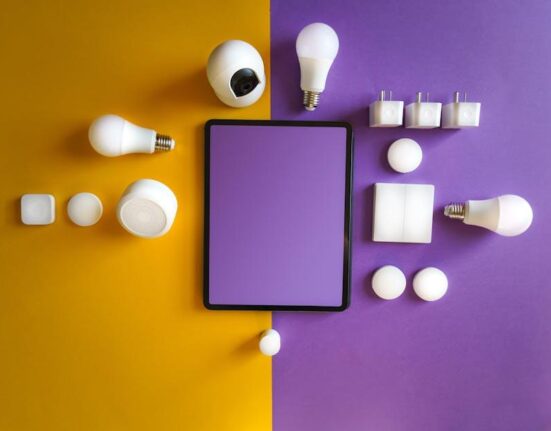In a world where comfort often takes precedence over practicality, the quest for the perfect mattress can feel like navigating a labyrinth of choices. With a multitude of brands touting their prowess in sleep technology, one critical question looms large: How long will it last? As consumers invest in their wellbeing, understanding the durability of these popular mattresses becomes paramount. In this article, we delve into comprehensive durability tests designed to uncover the longevity of well-known mattress options. From innerspring to memory foam, we’ll explore the wear and tear each type endures, providing insights that will empower your decision-making and elevate your sleep experience. Join us as we pull back the covers on mattress endurance and discover which investments stand the test of time.
Evaluating Lifespan: Understanding Mattress Materials and Their Impact on Durability
When assessing the longevity of a mattress, it’s crucial to understand how different materials contribute to durability. Foam mattresses, for instance, typically utilize memory foam or polyfoam. While memory foam excels in comfort and motion isolation, it may sag over time if constructed with lower-quality materials. Latex mattresses, on the other hand, often boast a longer lifespan due to their resilience and natural elasticity, making them less susceptible to impressions and wear. Innerspring mattresses offer varying degrees of longevity depending on the coil gauge and the quality of the materials used. Thicker coils made from high-carbon steel are generally more durable and maintain their shape longer than their thinner counterparts.
To better understand the durability of these materials, we can examine their key characteristics:
| Material | Typical Lifespan | Pros | Cons |
|---|---|---|---|
| Memory Foam | 7-10 years |
|
|
| Latex | 10-20 years |
|
|
| Innerspring | 5-10 years |
|
|
Ultimately, the choice of mattress material can significantly influence its durability. Consumers should consider not only the materials themselves but also how well the mattress is manufactured. High-quality craftsmanship often enhances the performance and lifespan of any mattress type, reinforcing the importance of mindful purchasing decisions.

Real-World Testing: Insights from Consumer Experiences and Durability Studies
Consumer experiences reveal a wealth of information about the durability of popular mattresses. Many users share insights based on months or even years of use, providing a more authentic understanding of a mattress’s longevity. In surveys, consumers often highlight aspects such as:
- Material Integrity: The crib of foam, latex, or hybrid materials shows different wear patterns over time.
- Noise Levels: Springs may begin to squeak, an indication of potential issues looming ahead.
- Comfort Maintenance: The ability of the mattress to retain its original feel after extensive use is frequently evaluated.
Durability studies complement consumer testimonials by conducting rigorous testing under controlled conditions. These tests often include:
| Test Type | Focus Area | Outcome Measurement |
|---|---|---|
| Compression Test | Weight Distribution | Material Resilience |
| Edge Support Test | Perimeter Stability | Resistance to Sagging |
| Temperature Regulation Test | Heat Retention | Comfort Over Time |
These evaluations are pivotal in predicting how a mattress will perform over the long haul, allowing consumers to make informed decisions based not just on marketing claims but also on rigorous scientific validation.

Expert Recommendations: Choosing the Right Mattress for Long-Lasting Comfort
When selecting a mattress for lasting comfort, it’s crucial to focus on materials and construction. Memory foam mattresses are popular due to their ability to contour to the body, offering pressure relief and support. However, look for options with high-density foam layers, as these tend to uphold their structure better over time. For those who prefer a more traditional feel, innerspring mattresses with individually pocketed coils can provide both support and breathability, but ensuring the coil gauge and quality is essential—lower gauge numbers generally indicate sturdier materials. Additionally, consider a hybrid option that combines the benefits of memory foam and innersprings, enhancing durability while catering to different sleep preferences.
Another factor to consider is the warranty offered by manufacturers, as it often reflects the mattress’s durability. A long warranty period typically suggests confidence in the product’s longevity. Key features to evaluate include:
- Edge support: A reinforced edge can prolong the lifespan and usability of the mattress.
- Breathability: Materials designed to wick away moisture can prevent mold and mildew buildup.
- Natural materials: Mattresses made from sustainable elements like latex often have longer life spans.
Here’s a quick reference table to compare some popular mattress types and their durability prospects:
| Mattress Type | Expected Lifespan | Durability Features |
|---|---|---|
| Memory Foam | 7-10 years | High-density foam, heat resistance |
| Innerspring | 5-8 years | Pocketed coils, edge support |
| Hybrid | 8-10 years | Combination of materials, airflow |
| Latex | 10-15 years | Natural materials, resilient structure |

Maintenance Tips: Maximizing the Lifespan of Your Mattress Through Care and Upkeep
To ensure your mattress stands the test of time, it’s essential to treat it with the care it deserves. Regular maintenance can significantly extend its lifespan and enhance your sleep quality. Here are some practical tips to consider:
- Rotate Regularly: Flip and rotate your mattress every few months to promote even wear. This helps maintain its shape and comfort level.
- Keep It Clean: Use a vacuum with an upholstery attachment to eliminate dust mites and allergens. Spot clean any stains promptly using a mild detergent.
- Invest in a Good Foundation: Ensure your mattress is supported by a sturdy foundation or box spring, as this can prevent sagging and maintain structure.
- Use a Mattress Protector: Protect against spills and stains with a breathable, waterproof mattress cover to extend the life of your mattress.
In addition to these care tips, it’s important to pay attention to environmental factors that can affect your mattress. For instance, humidity levels can encourage mold growth, while excessively dry conditions can lead to material degradation. Here’s a simple table to highlight the ideal conditions for mattress longevity:
| Factor | Ideal Condition |
|---|---|
| Humidity | 40-60% |
| Temperature | 60-70°F (15-21°C) |
| Airflow | Good Ventilation |
| Direct Sunlight | Avoid Prolonged Exposure |
Insights and Conclusions
In a world where comfort and longevity are paramount, understanding the durability of your mattress is essential for making an informed investment in your sleep. Our deep dive into the durability tests of popular mattresses has illuminated not only the performance of each option but also the factors that contribute to their lifespan. As we’ve seen, materials, construction methods, and usage all play significant roles in determining how long a mattress can withstand the test of time.
Choosing the right mattress is more than just a matter of preference; it’s about ensuring that your investment supports restful nights for years to come. Armed with the insights from our durability assessments, you’re now better equipped to navigate the myriad of choices available in today’s market.
As you embark on your journey to find the perfect sleep solution, remember that durability is just one piece of the puzzle. Consider your comfort needs, lifestyle, and personal preferences to ensure that your new mattress not only lasts but enhances your overall sleep experience. Here’s to countless nights of rejuvenating sleep ahead!














Leave feedback about this